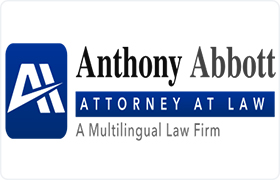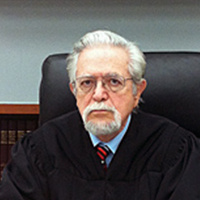Scotia Estate Lawyer, California, page 2
Sponsored Law Firm
-
 x
x

Click For More Info:
-
Law Offices Of Anthony Abbott
375 S. Rancho Santa Fe Rd. 105 San Marcos, CA 92078» view mapEstate Law Over 50 Years Of Experience
The Law Offices of Anthony Abbott has been working for the people in the great state of California for over 50 years.
800-497-8821
James Dale Poovey
Estate Planning, Elder Law, Commercial Real Estate, Business, Trusts
Status: In Good Standing Licensed: 46 Years
Daniel Earl Cooper
Commercial Real Estate, Wills, Trusts, Elder Law
Status: In Good Standing Licensed: 32 Years
Herbert Arnold Schwartz
Real Estate, Lawsuit & Dispute, Trusts, Estate
Status: In Good Standing Licensed: 58 Years
 Anthony Abbott San Marcos, CA
Anthony Abbott San Marcos, CA
